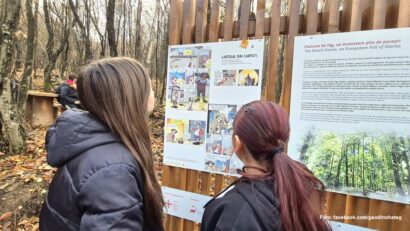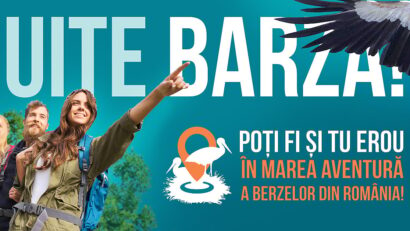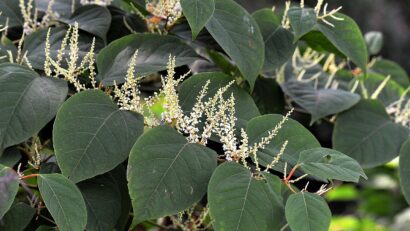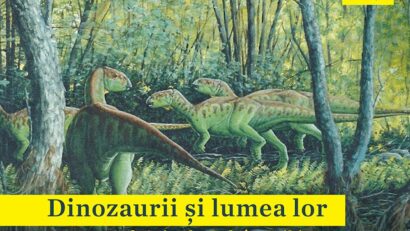Green Planet
Ecotourism
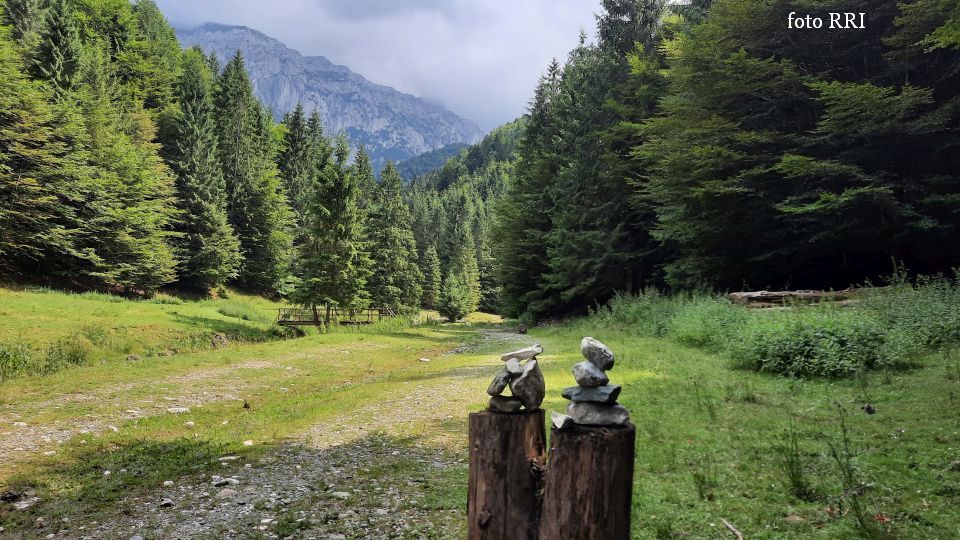
Daniel Onea, 29.08.2025, 14:00
Romania is a country with an impressive natural heritage: virgin forests, picturesque rural landscapes, the Danube Delta and a rich variety of plant and animal species. This diversity has transformed the country into an attractive destination for tourists, both Romanian and foreign. However, behind the increase in the number of tourists, there is an increasingly alarming problem: the destruction of the natural environment. One of the most visible forms of destruction is deforestation, to create accommodation space or infrastructure. Another serious aspect is pollution. More specifically, the garbage left behind by tourists in forests, on beaches or in mountainous areas. Plastic waste and food scraps end up in rivers, affecting the flora and fauna. The lack of garbage bins and of education campaigns further contribute to environmental degradation. To combat all these things, ecological tourism, green tourism and ecotourism have emerged.
These are different terms, which Bogdan Papuc, the executive director of the Romanian Ecotourism Association, will explain next: “We have all the ingredients to be the number one ecotourism destination in Europe. After all, these are technical terms that we, those working in tourism, are operating with. When people go on vacation and feel good, this is probably their last concern, to know exactly which category they fall into. However, it helps us in our daily work. The differences between these terms are quite big, and there are even more terms. So, for instance, if we talk about ecological tourism, we are talking especially about the impact that tourism has on the natural environment. If we talk about ecotourism, in addition to this concern for the natural environment, we are also talking about the concern for local communities and the well-being of local communities as a result of tourism. That is, for locals to have financial gains, so that they can lead a better life. We are talking about the concern for the local culture, about the concern for correct marketing, that is not to promise potential tourists things that I cannot offer them or things that they cannot experience when they come and visit me as guests.”
Motorized tourism, such as ATVs or snowmobiles, destroys the soil and scares animals. In mountainous areas, these vehicles leave deep tracks and contribute to soil erosion. Heavy traffic doesn’t help either. During busy periods, the roads to resorts become hotbeds of pollution and the air becomes unbreathable: “Indeed, ecotourism is about spending time and doing activities in nature, but with a minimal impact on nature. We do not promote hunting activities, off-road motorized activities, but we urge people to rediscover the culture of the rural area and to understand the places they visit. For example, if we go to northern Romania, in Maramures, from our point of view, it is not enough for good ecotourists to check off some attractions and take some photos at the wooden churches. Ideally, they must understand what they see. This also means hiring a local guide, who can actually explain what Maramures culture and the wooden civilization mean.”
Of course, when we go to discover nature and the local communities, we also need maps. Bogdan Papuc, executive director of the Romanian Ecotourism Association, says that ecotourism maps are different from traditional ones: “The maps Discover Eco Romania are a little more atypical. When we talk about tourist maps, especially for the mountainous area, we only refer to the mountain relief units. They are separated from the villages and localities that are at the base of the mountain. This concept came and put in the same place the villages, the places where tourist services are found, and the mountainous areas where the tourist trails are. Thus, tourists can stay and spend money in the villages, but, at the same time, go to the mountains and go hiking, mountain biking or observing flora and fauna and so on.”
As regards ecotourism, certified products are those products, certified by a third party, that comply with a certain set of criteria, explains Bogdan Papuc, executive director of the Romanian Ecotourism Association: “It is not enough for a guesthouse or a region to say that it does ecotourism. They may happen not to do that. So, the simple fact that I claim that I do ecotourism is not enough. For this reason, certification is done by separate, independent entities, which attest that the respective business complies with a set of criteria and does ecotourism indeed. In fact, it is a label, it is a quality certification.”
But how is Romania ranked on the international market? “We like to think that we are doing well and that we are an important destination in Europe. Maybe we are on certain markets, one of them being the British market. There we also benefit from a great image brought by King Charles III, but there are many other markets in the Nordic countries, in the Netherlands and in many other places, where Romania is unknown unfortunately. I’m telling you this from my own experience, because we participate in all kinds of international fairs and we were very surprised ourselves when we discovered visitors who told us that they had been all over the world, but they knew nothing about Romania. It is not their fault that they know nothing. Unfortunately, we, as a country, do not communicate. If we reach the press in those countries, it is mainly for negative news. We are not actively or proactively promoting Romania through communication, through an image of the country. Promotion needs to be made by the Government, ministries and also embassies and cultural centers.”
In conclusion, Romania has a unique chance: to become an example of a balance between tourism and nature protection. However, this requires responsibility, a long-term vision and, above all, respect for the environment which we live in. (LS)

